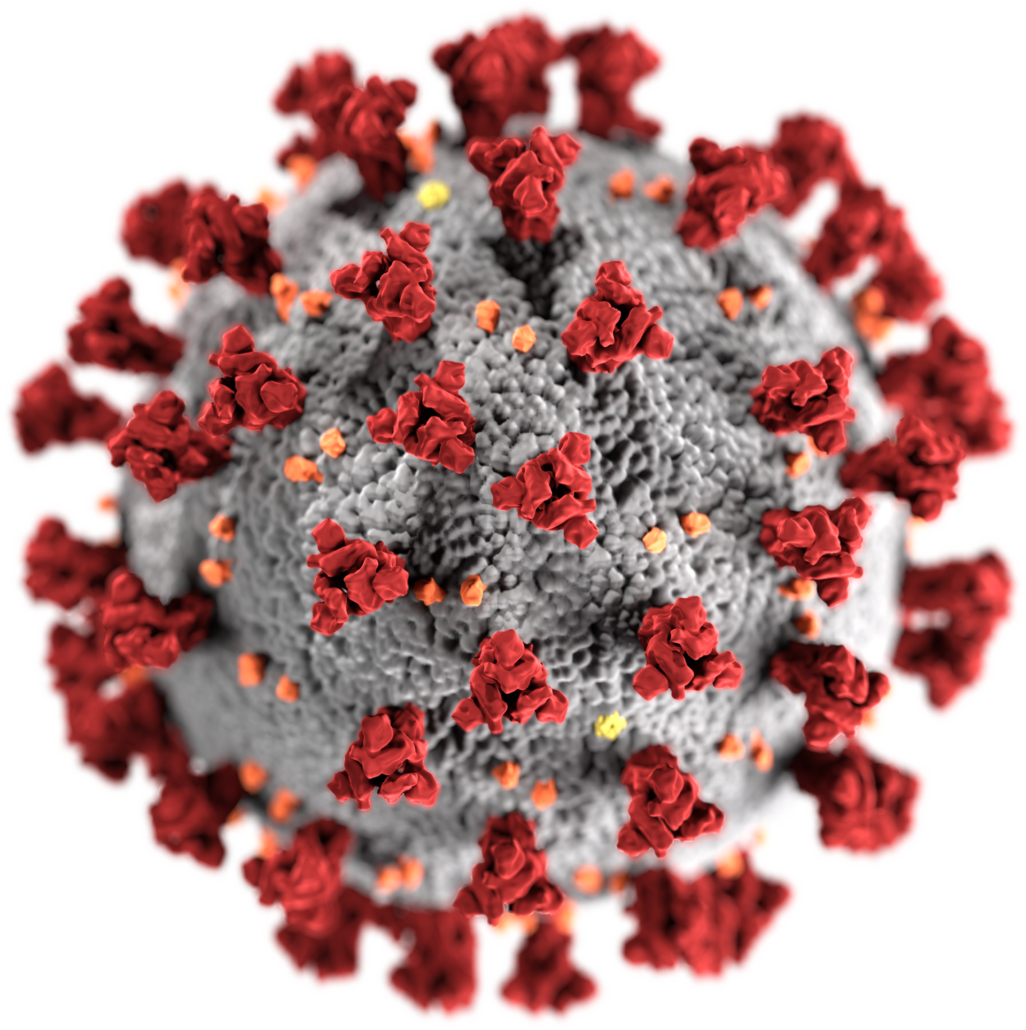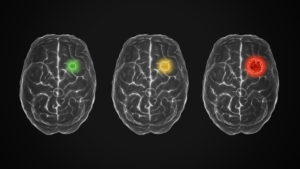
COVID-19: Novartis starts study on hyped malaria drug
Up to today, Novartis and Bayer announced donations of several millions of old antimalaria pills based on anecdotical reports of efficacy in COVID-19 patients. Now Novartis has started a study.
Cardiologists have red-flagged combination therapies of cloroquine phosphate (Resochin, Bayer AG, Germany) or hydroxychloroquine (Novartis AG, Basel) with the antibiotic azithromycin due to arrhythmias observed as a serious adverse effect of both medications, particularly when the old antimalarial drugs were given in doses above 4mg/kg. The Long QT syndrome (LQT), is similar for both drugs: When taken, the QT interval is prolonged and the heart becomes unstable.
While announcing that Bayers’ chloroquine and Novartis’ hydroxychlorquine must prove their benefits vs potential adverse effects in COVID-19 patients before being broadly used, the companies have announced donations of millions of the old antimalarial drugs to governments in a race to bring the cheap old drugs into emergency use – a dangerous experiment according to the German Society of Cardiology.
Now, the Swiss pharma giant Novartis has reached an emergency use agreement with the US Food and Drug Administration (FDA) to proceed with a in a randomized, double-blind, placebo-controlled Phase III clinical trial of hydroxychloroquine in 450 hospitalised patients with COVID-19 disease. The clinical trial drug supply will be provided by Sandoz, the generics arm of Novartis.
Patients in the trial will be randomized into three groups. The first group or arm will receive hydroxychloroquine. The second group will receive hydroxychloroquine in combination with azithromycin. The third group will receive placebo. Patients in all treatment groups are receiving standard of care for COVID-19.
The clinical trial complements a commitment by Novartis, through Sandoz, to donate up to 130 million tablets of hydroxychloroquine to supply global clinical research efforts in the event the medicine is proven beneficial for treatment of COVID-19. Sandoz has already donated 30 million tablets to the US Department of Health and Human Services and is dispatching futher shipments to countries based on requests from governments around the world.
Up to now, there is no proof that either choroquine of hydroxychloroquine, which have shown antiinflammatory effects in small patient cohorts, are effective treatments for the patient group with COVID-19 disease, which is much older than a typical malaria patient. Thus, cardiologists are concerned that high doses of the antimalarial drugs may cause much more negative side effects on heart function in the COVID-19 patient population.


 Unsplash+
Unsplash+
